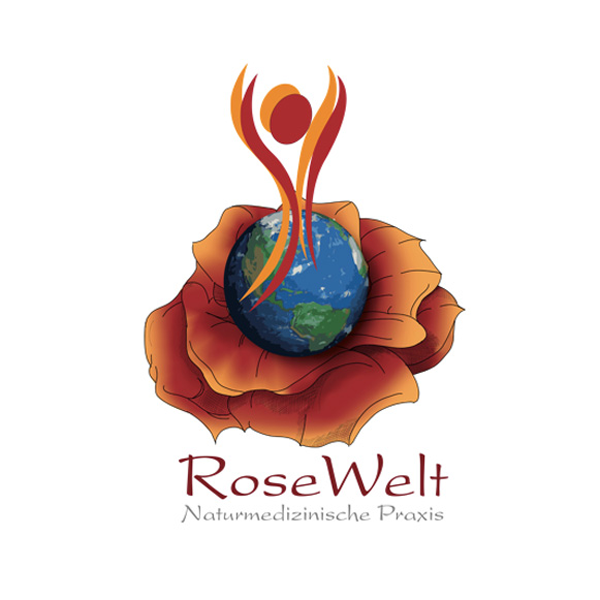Homeopathy
... Through highly potentized substances and their delicate effect on the body.Homeopathy
Homeopathy (“similar ailments”, from Greek. homoios, “the same, similar” and pathos, “the suffering, the disease” is a widely used alternative medical method founded by the German physician Samuel Hahnemann (1755-1843) around 1800.
Its important and eponymous principle is the principle of similarity: “Let similar things be cured by similar things” (simila similibus curentur, Hahnemann).
Low potencies act mainly on the body, high potencies act mainly on the soul.
An unhealthy lifestyle or difficult life situations can negatively influence a homeopathic treatment.
The second principle of homeopathy is the use of potentized remedies.
Homeopathy can be used for all diseases that do not require surgical or intensive medical treatment. It is suitable when an internal redisposition in a person is necessary in almost all acute and chronic disease states, especially in functional disorders.
Thus, homeopathy can be used for both acute and chronic diseases such as
- Infections
- Migraine,
- Sleep disorders,
- Neurodermatitis,
- Bronchial asthma,
- Colitis,
- rheumatic diseases,
- psychological disorders
be applied. The more precise the description of the symptoms of the disease, the more peculiar the clinical picture, the greater the chance that the correct homeopathic remedy will be found and that a rapid and safe relief of the symptoms will be brought about. For this reason, the careful, thorough questioning of the complaints (homeopathic anamnesis) is of utmost importance.
In my practice I use many years of homeopathy training for deeper understanding of disease and cause. Repertorization is the diagnostic path of homeopathy. Several levels are considered in this conversation. The principle of similarity allows to link different levels, the physical and mental.
